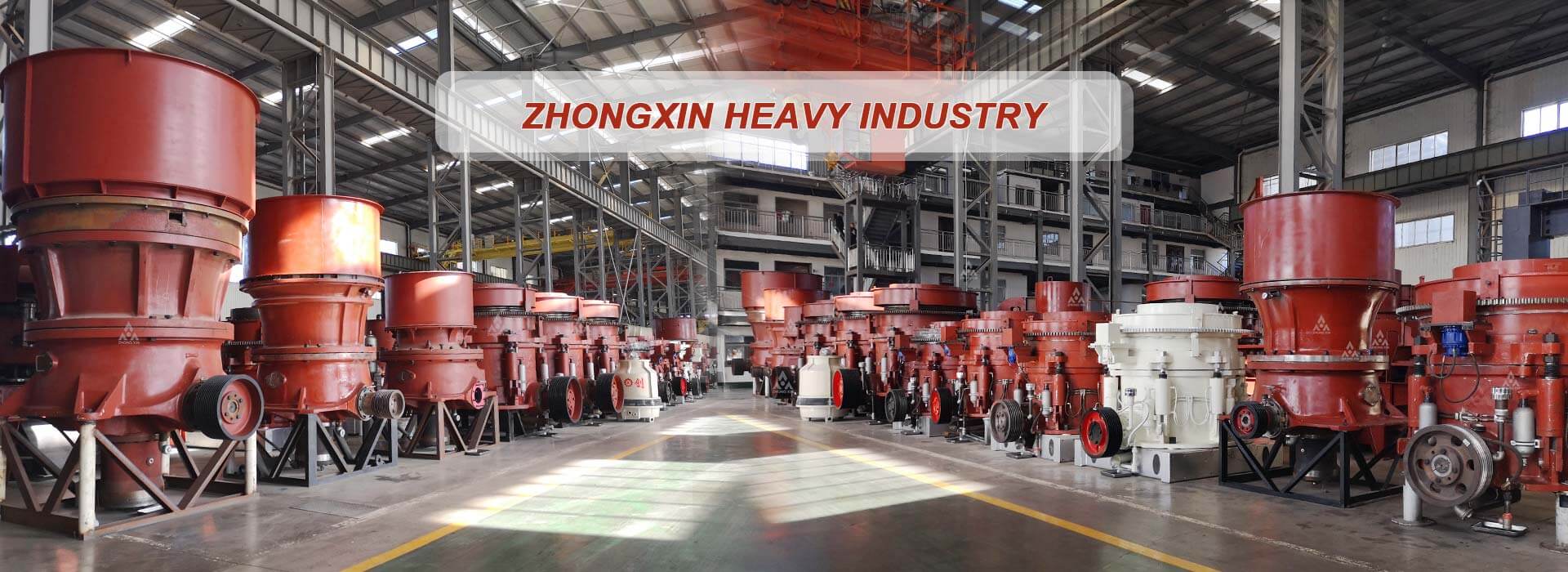1. The viscosity of the oil is too high. When the viscosity of the hydraulic oil used is too high, the oil pump needs to overcome greater resistance during the pumping process, which will increase the internal friction of the oil pump and generate more heat. Replace the appropriate hydraulic oil, select the hydraulic oil that meets the ambient temperature and the requirements of the hydraulic cone crusher, and ensure that the oil viscosity is moderate.
2. The oil temperature is too low. In a cold environment, the hydraulic oil may become too viscous, which also increases the workload of the oil pump and causes heating. In a low temperature environment, an oil heater can be used to preheat the hydraulic oil to reduce the viscosity of the oil.
3. The oil circuit is blocked. If there are impurities in the oil circuit of the hydraulic cone crusher or the oil circuit itself is not designed reasonably, it may cause poor oil flow, increase the workload of the oil pump, and cause heating. Clean the oil system regularly to remove impurities and ensure that the oil circuit is unobstructed.
4. Wear of the oil pump. The internal parts of the hydraulic cone crusher's oil pump, such as gears and blades, are worn, the gap becomes larger, the efficiency is reduced, and it will also cause the oil pump to generate additional heat when working. If the internal wear of the oil pump is serious, a new oil pump should be replaced in time.
5. Cooling system failure. If the cooling system of the hydraulic cone crusher's oil pump cannot dissipate heat efficiently, the oil pump may overheat even under normal working conditions. Check whether the cooling system is working properly and clean or repair it if necessary.






 Leave Message
Leave Message Chat Online
Chat Online











